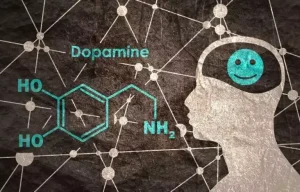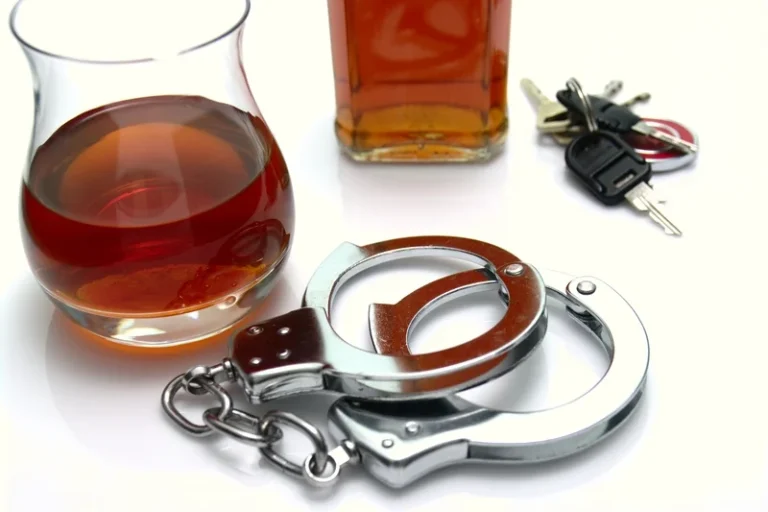Studies published in the American Heart Association’s scientific journals are peer-reviewed. The statements and conclusions in each manuscript are solely those of the study authors and do not necessarily reflect the Association’s policy or position. The Association makes no representation or guarantee as to their accuracy or reliability. The Association receives funding primarily from individuals; foundations and corporations (including pharmaceutical, device manufacturers and other companies) also make donations and fund specific Association programs and events. The Association has strict policies to prevent these relationships from influencing the science content. Revenues from pharmaceutical and biotech companies, device manufacturers and health insurance providers and the Association’s overall financial information are available here.
Senault 2000 published data only
Low blood pressure treatment usually starts with finding out why it’s happening. If a provider can treat that cause directly, how does alcohol affect blood pressure hypotension will usually get better on its own. For example, hypotension can happen because of an injury and blood loss.
Flechtner‐Mors 2004 published data only
- Merle Myerson is a board-certified cardiologist with specialties in sports medicine, lipids, women’s health and prevention of cardiovascular disease.
- Regular physical activity can lower your blood pressure and reduce your chances of other health problems.
- Researchers were unable to study in-depth the relationship between age, blood pressure, and alcohol intake.
- The corresponding SBP and DBP differences for a daily alcohol consumption of 24 g/day were 2.48 (95% CI, +1.40 to +3.56) and 2.03 (95% CI, 1.19 to +2.86) mm Hg, and for 48 g/day were 4.90 (95% CI, +3.71 to +6.08) and 3.10 (95% CI, +1.88 to +4.33) mm Hg.
- It also may be harder to closely follow your usual routine to manage diabetes if you’re under a lot of extra pressure.
Any disagreements regarding inclusion or exclusion of studies were resolved by discussion between review authors. The reason for exclusion was documented for each citation at the full‐text level. We also checked the list of references in the included studies and articles that cited the included studies in Google Scholar to identify relevant articles. Alcohol has been reported to diminish baroreceptor sensitivity, which is a key factor in regulating blood pressure (Abdel‐Rahman 1985; Rupp 1996). Baroreceptors or stretch receptors are mechanoreceptors located on the arch of the aorta and the carotid sinus. They can detect changes in blood pressure and can maintain blood pressure by controlling heart rate, contractility, and peripheral resistance.
Many factors can influence high blood pressure
As a result, peripheral resistance and blood volume are increased, leading to elevated arterial blood. There was a particular risk for bias in the studies that met the eligibility criteria, and there is still the potential risk for residual confounding. There are also a number of opportunities to expand on the research, including understanding more about how alcohol intake influences blood pressure among women. Studies have shown that excessive alcohol consumption can worsen blood pressure levels.
- Common findings in alcohol studies from the 1970s and early 1980s included decreases in mitochondrial indices that reflected mitochondrial state III respiration, or ADP-stimulated respiration (Pachinger et al. 1973; Segel et al. 1981; Williams and Li 1977).
- This amount of weight loss can lower your chance of developing health problems related to high blood pressure.
- Research shows that factors such as income, education level, where you live, and the type of job you have, as well as stressors on the job may raise your risk of high blood pressure.
- Blood Pressure Categories Infographic describing the corresponding blood pressure readings between normal and hypertensive crisis.
- Even though blood pressure may go down temporarily after an alcoholic drink, the overall long-term effect of regular drinking is for blood pressure to gradually increase.
Andres‐Lacueva 2013 published data only

Low‐dose alcohol consumption had no effect on blood pressure (BP) within six hours, but we found only two trials that studied this dose and no trials that assessed BP after six hours. Low‐dose alcohol increased heart rate (HR) within six hours, suggesting that even one glass of wine increases HR. Unfortunately, we found no studies measuring HR more than six hours after the dose.
- It can happen either as a condition on its own or as a symptom of a wide range of conditions.
- Hypertension, or high blood pressure, is a very common condition worldwide.
- All condition, treatment and wellness content is medically reviewed by at least one medical professional ensuring the most accurate information possible.
- An estimated 5% of people have it at age 50, while that figure climbs to more than 30% in people over 70.
Notably, the heart attack risk was in inverse relation to alcohol consumption levels. 3Greenfield and colleagues (2005) studied the effects of alcohol at meal time in a group of nonsmoking, healthy postmenopausal women. Hence, we conducted additional analyses to see if the very high dose of alcohol (≥ 60 g or ≥ 1 g/kg) had any dose‐related effects compared to lower high doses of alcohol (31 to 59 g of alcohol) (see Table 9). Results suggest that the decrease in BP with very high doses of alcohol is greater compared to lower high doses of alcohol. However, the result was heterogeneous; therefore, we are unable to make any implications from this.

That’s because alcohol can weaken your immune system, slow healing and make your body more susceptible to infection. Your body breaks alcohol down into a chemical called acetaldehyde, which damages your DNA. Damaged DNA can cause a cell to grow out of control, which results in cancerous tumors. Pancreatitis can be a short-term (acute) condition that clears up in a few days. But prolonged alcohol abuse can lead to chronic (long-term) pancreatitis, which can be severe.
Pitsavos 2004 published data only
Through the process of oxidative phosphorylation, the mitochondria generate ~90 percent of cellular ATP. Common findings in alcohol studies from the 1970s and early 1980s included decreases in mitochondrial indices that reflected mitochondrial state III respiration, or ADP-stimulated respiration (Pachinger et al. 1973; Segel et al. 1981; Williams and Li 1977). In cardiomyocyte mitochondria as well as other mitochondrial types, such imbalances could lead to further decreases in cellular respiration and oxidative phosphorylation. Several studies and meta-analyses have been conducted to determine the relationship between alcohol consumption and the risk of developing heart failure in healthy subjects, as well as in those with a history of MI or CHD.
